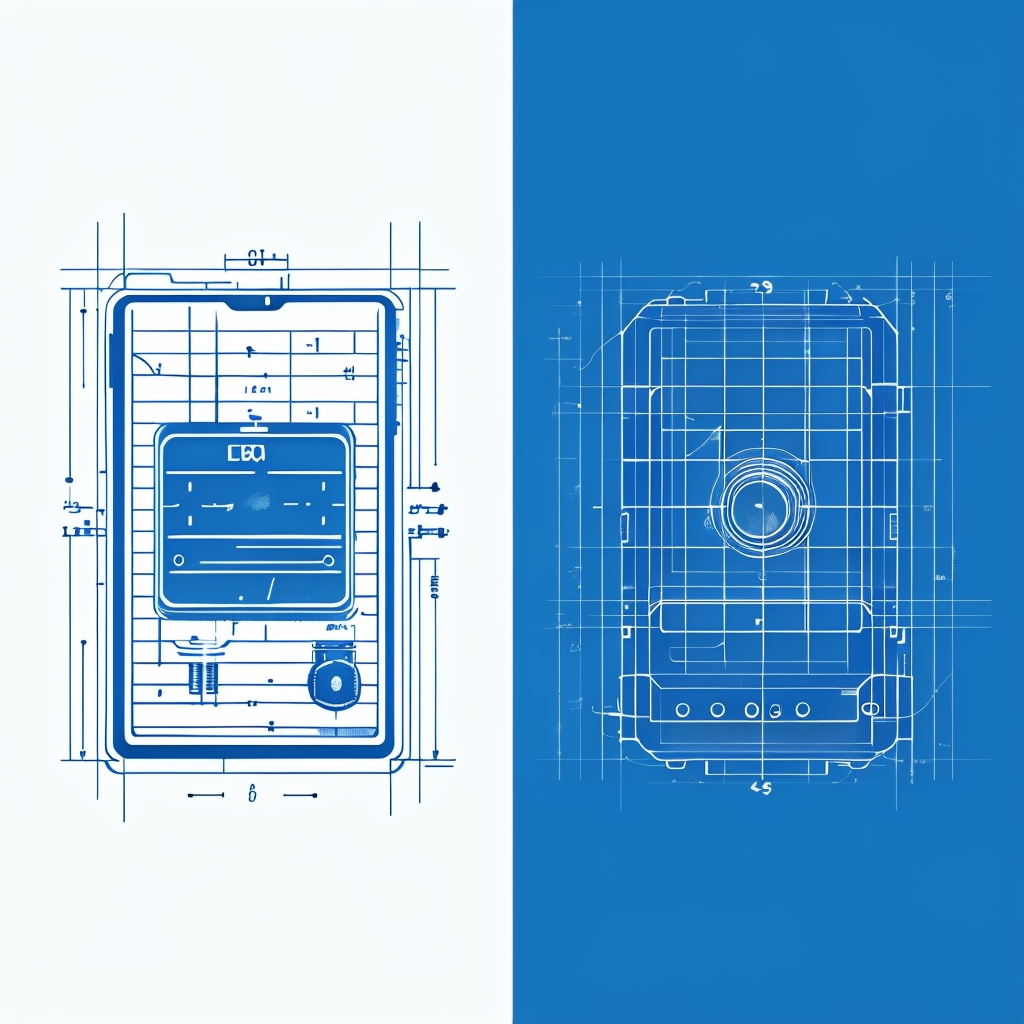Project History
Explore the evolution of PolyNet from concept to global network
Project Inception

PolyNet began as a concept from a small group of enthusiasts who wanted to create an accessible global network for satellite communications. The project was initially conceptualized during a hackathon focused on space technology.
The founding team established core principles: open source, low cost, educational, and global reach.
First Prototype

The first prototype station was built using off-the-shelf components: an ESP32 microcontroller and an SX1278 LoRa module. Initial testing focused on receiving signals from amateur satellites in low Earth orbit.
The team developed basic software to decode packets and transmit data to a central server.
Alpha Release

The first alpha version was released to a small group of testers. This version included basic station software and a rudimentary web interface for monitoring station status and visualizing data.
Ten stations were deployed across three continents, forming the initial network infrastructure.
Community Growth

The project gained traction within the amateur radio and space enthusiast communities. Our Telegram group grew to over 500 members, and we held our first virtual meetup with participants from 15 countries.
The network expanded to 50+ stations worldwide, significantly increasing our coverage area.
Beta Release

The beta version introduced significant improvements to the station software and web interface. New features included real-time satellite tracking, improved packet decoding, and a more comprehensive data visualization system.
The project documentation was completely overhauled, making it easier for newcomers to build their own stations.
Official 1.0 Launch

After extensive testing and refinement, PolyNet 1.0 was officially released. The launch included a stable version of the station software, mobile app connectivity, and an advanced web portal.
The project received recognition in several space and amateur radio publications, further expanding its reach.
100+ Station Milestone

The network surpassed 100 active stations across all inhabited continents. This milestone significantly improved our satellite tracking capabilities and data collection.
Partnerships were formed with educational institutions to incorporate PolyNet into STEM curricula.
Next Generation Platform

Work is underway on the next generation of PolyNet, incorporating new hardware options, AI-assisted signal processing, and enhanced visualization tools.
The team is also exploring collaborations with CubeSat developers to create dedicated communication protocols for the network.
Want to be part of our future? Join our community and help shape the next chapter of PolyNet!
View Our Roadmap
